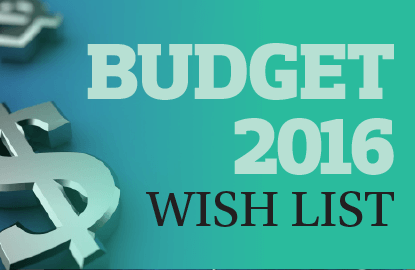
This article first appeared in The Edge Financial Daily, on October 23, 2015.

KUALA LUMPUR: Automotive players in the country are hoping that the federal government will announce an extension to the incentive periods for energy efficient vehicles (EEVs), hybrids, and electric vehicles (EVs) in Budget 2016, slated to be presented by Prime Minister Datuk Seri Najib Razak today.
The incentives are provided under the National Automotive Policy 2014 (NAP 2014), through which the government aims to transform Malaysia into a regional hub for such vehicles to penetrate regional and global markets by 2020.
Under the NAP 2014, the incentive period for completely knocked down hybrid vehicles will expire by year end, while the incentive period for manufacturing EEVs will expire on Dec 31, 2017.

“The government should consider looking into excise duty reduction, and consider continuing the incentives given to EEVs, hybrids and EVs,” said Edaran Tan Chong Motor Sdn Bhd executive director Datuk Dr Ang Bon Beng in an email reply to The Edge Financial Daily.
“The government should also look into increasing the incentive for more localisation. If we localise more in this country, exposure to foreign exchange fluctuations will be lower,” he added, referring to the US dollar-ringgit exchange fluctuation recently.
At market close yesterday, the ringgit was trading at 4.2838 against the greenback. Year to date, the local note has fallen about 22.5%.
Edaran Tan Chong Motor Sdn Bhd is a subsidiary of Tan Chong Motor Holdings Bhd.
Volvo Car Malaysia Sdn Bhd managing director Keith Schafer is urging the government to continue all the measures set out in the NAP 2014, which have set a clear direction ahead for the industry, especially in encouraging manufacturers to focus on developing EVs, hybrids and EEVs, making Malaysia the regional hub for these vehicles.
“We (Volvo) are working towards that now and intend to turn Malaysia into a regional export hub. We make all the [EV] cars here and export to Thailand.
“[But] car manufacturers are investing for the long term, hence [we] need commitment from both sides,” he said.
Meanwhile, Berjaya Auto Bhd chief executive officer Datuk Seri Ben Yeoh said the government should study and encourage exports by providing export credits.
“These credits can be used to off-set local taxes to encourage competitive pricing of manufactured goods, both for local and export consumption,” he said.
“These incentives will attract established manufacturers to relocate their activities to Malaysia and capitalise on the Asean Free Trade Area scheme,” Yeoh said.
He also said hire purchase loans should be more flexible in optimising revenue for both companies and the government.
Yeoh added that the government should review and reduce the corporate tax structure to stimulate industries’ performance.
“Malaysia is, as of now, behind the regional curve as far as corporate tax rate [is concerned],” he said.